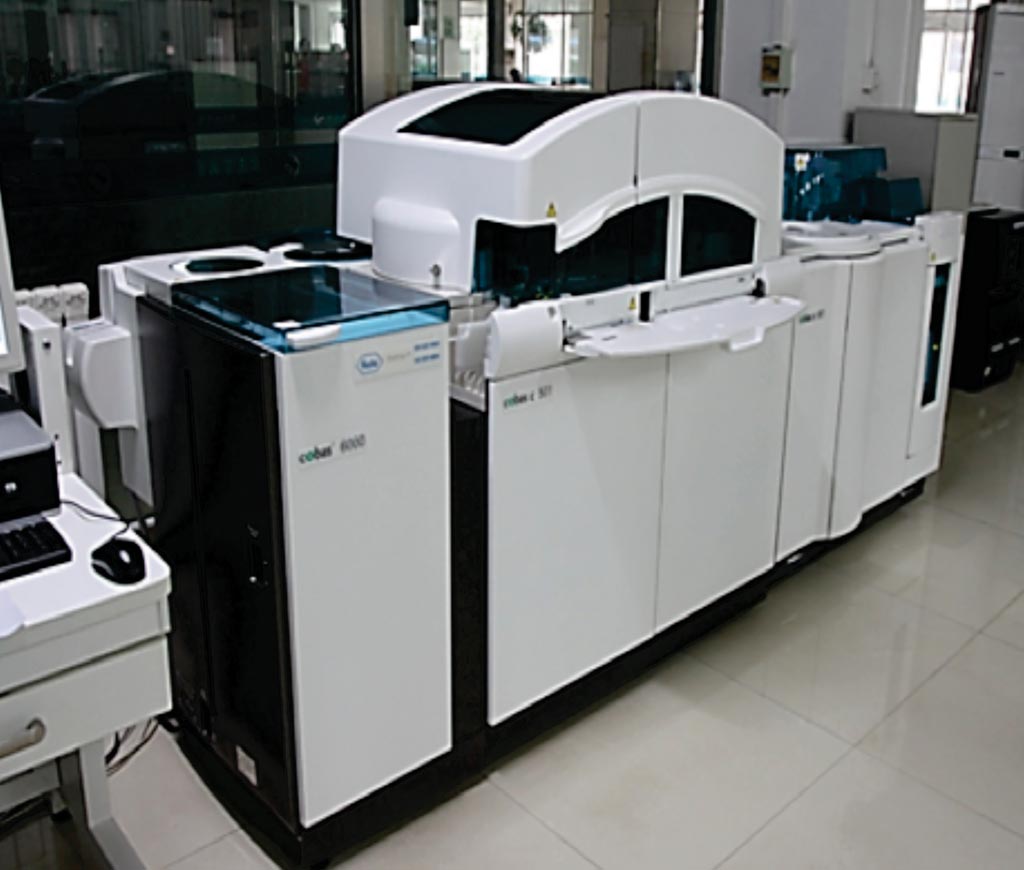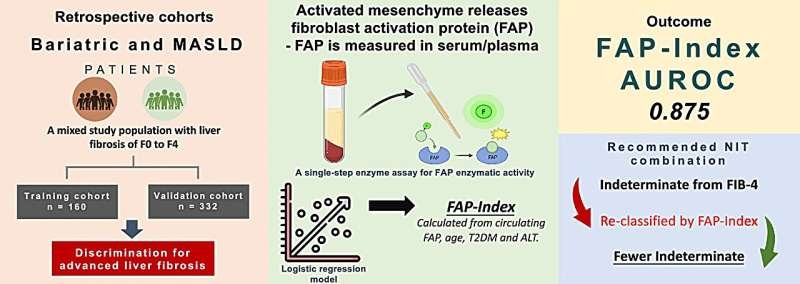Serum Magnesium Levels Linked to Dementia Risk
By LabMedica International staff writers
Posted on 05 Oct 2017
People with both high and low levels of magnesium in their blood may have a greater risk of developing dementia. Scientists have set out to find out if serum magnesium levels are associated with the risk of all-cause dementia and Alzheimer disease.Posted on 05 Oct 2017
In humans, data on magnesium levels, until now, have been limited to just a few small case-control studies "showing conflicting results," plus a small randomized trial that showed improved executive function and working memory in participants with mild cognitive improvement.

Image: The COBAS c501 clinical chemistry analyzer (Photo courtesy of Roche Diagnostics).
Scientists at the Erasmus University Medical Center (Rotterdam, the Netherlands) recruited 9,569 people with an average age of 65 who did not have dementia and whose blood was tested for magnesium levels. The participants were followed for an average of eight years. During that time, 823 people were diagnosed with dementia. Of those, 662 people had Alzheimer’s disease. The study population had a mean age of 64.9 years and 56.6% were women.
Serum magnesium was measured on a Roche/Hitachi Cobas c501 analyzer (Roche Diagnostics (Indianapolis, IN, USA). The investigators found that both low and high levels of serum magnesium are associated with dementia risk, suggesting a U-shaped relationship. The participants were divided into five groups based on their magnesium levels. Both those with the highest and the lowest levels of magnesium had an increased risk of dementia, compared with those in the middle group. The team showed that those with low magnesium levels (defined as 0.79 mmol/L or less) and those with high levels (0.90 mmol/L or greater) had significantly increased risk for dementia at an eight-year follow-up assessment.
Both the low and high groups were about 30% more likely to develop dementia than those in the middle group. Of the 1,771 people in the low magnesium group, 160 people developed dementia, which is a rate of 10.2 per 1,000 person-years. For the high magnesium group, 179 of the 1,748 people developed dementia, for a rate of 11.4 per 1,000 person-years. For the middle group, 102 of the 1,387 people developed dementia, for a rate of 7.8.
Brenda C.T. Kieboom, MD, the lead author of the study, said, “Since the current treatment and prevention options for dementia are limited, we urgently need to identify new risk factors for dementia that could potentially be adjusted. If people could reduce their risk for dementia through diet or supplements that could be very beneficial.” The study was published on September 20, 2017, in the journal Neurology.














